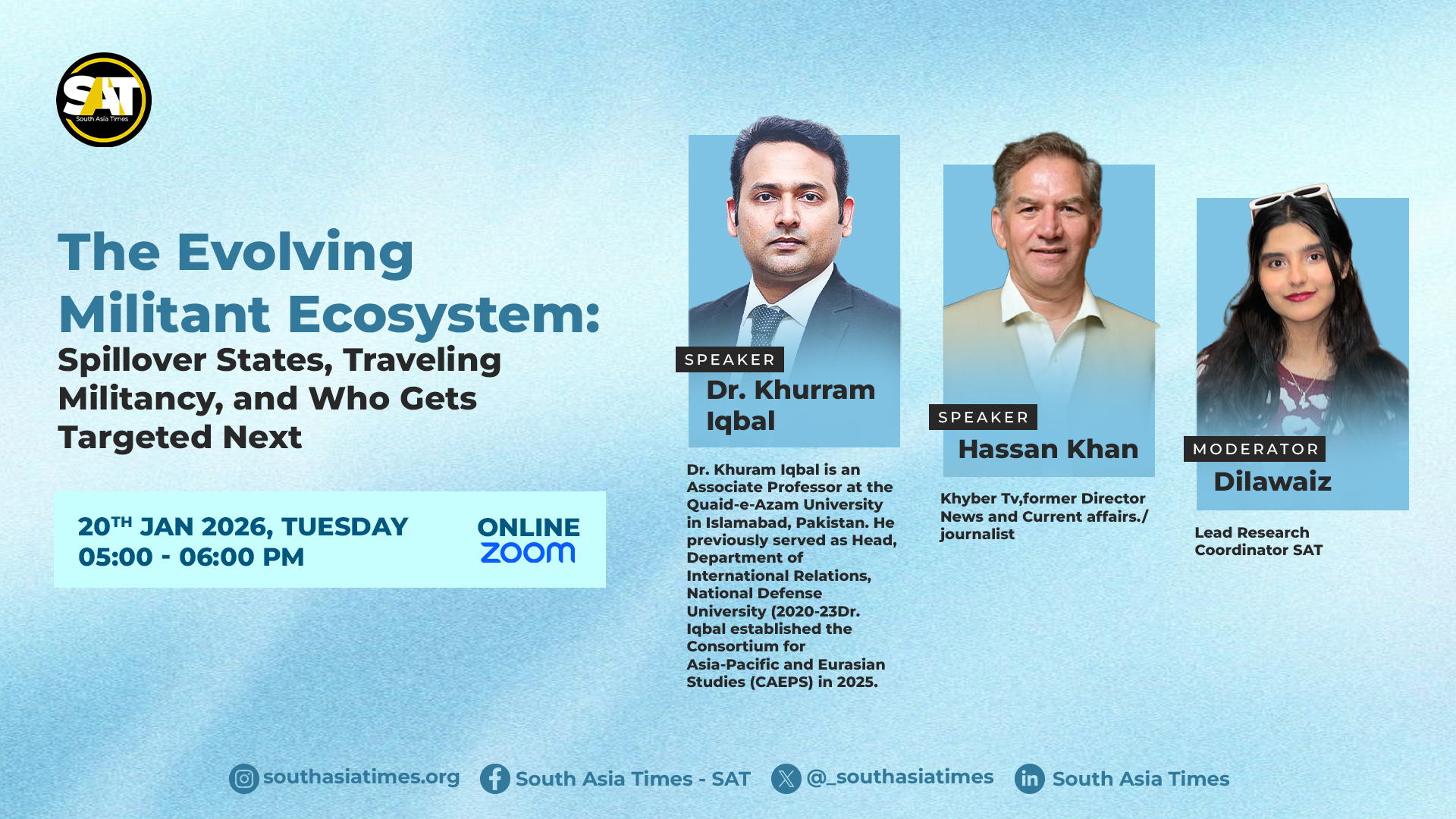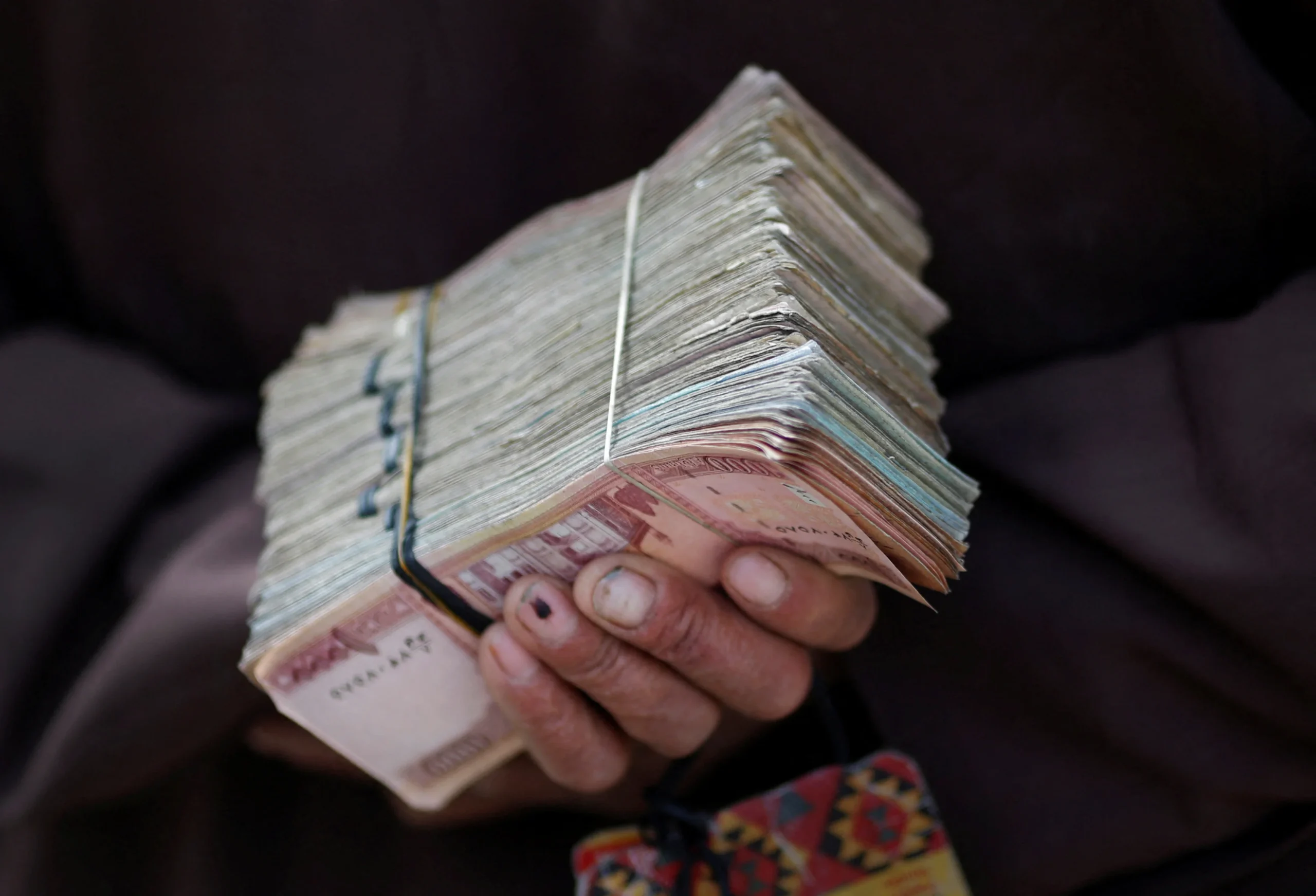LONDON: Former foreign minister and PPP leader Bilawal Bhutto-Zardari on Thursday called out the hypocrisy of Western countries, questioning what makes a state entitled to nuclear weapons.
During a wide-ranging speech at the Oxford Union, a prestigious debating society that invites world leaders to speak on key issues before students and academics, Mr Bhutto-Zardari said he was “concerned that Pakistan’s ballistic missile programme is sanctioned by the US” and asked who defines the rules for a country’s defence capabilities.
“I am struck by the hypocrisy… Is it that every Western or White country is allowed nuclear weapons and others aren’t? Pakistan’s is not an aggressive nuclear weapons programme.”
He also made a veiled jibe at recent remarks made by US President Donald Trump, saying “We don’t have an expansionist policy to take over the Panama canal or conquer Canada. Ours [nuclear weapons] are only for self-defence.”
The event was an ode to the former PPP prime minister, titled the ‘Benazir Bhutto Memorial Lecture’ to discuss democracy in a divided world. A portrait of the late Benazir hung in the hall, overlooking the podium where the Bhutto scion spoke.
Also See: Pakistan COAS on UK Visit for High-Level Military Talks and Sandhurst Address
Mr Bhutto-Zardari spoke at length about his mother, an alumnus of the prestigious university and also the Union’s first Asian woman president. He hailed her sacrifices for democracy, her commitment to politics, and her position as a woman politician who was also a mother.
“My mother… came to Oxford at the age of 16 to study and then went to Pakistan at the age of 25 to participate in politics,” he said. “She was an extraordinary woman, with whom people would establish a personal relationship.”
“My mother did not teach me to take revenge, that is why I say that democracy is the best revenge.”
He spoke about strides Pakistan had made to appoint women to leadership positions, including having a female foreign minister, a female chief minister and even a female speaker of parliament.
“What made male politicians ambitious made [women] greedy. What makes male politicians charismatic, made her loud. But she took all this in her stride,” he said.
“Despite the restrictions imposed on women, Benazir Bhutto paved the way for women to come forward in Pakistan, today the Chief Minister of Punjab is also a woman. Many attempts were made to target Benazir, but she continued to participate in politics without fear.”
He also said that the future of Pakistan is linked to the “supremacy of the people, an independent judiciary and journalism”.
“The people of Pakistan are right to demand a better future,” he said, adding that people deserve a better future that populists promise. “They certainly do not deserve another military coup.”
After his’s lecture, Oxford University President Israr Khan hosted a Q&A session, pressing the party chairman on human rights concerns in Pakistan and allegations of eroding democratic principles. Mr Bhutto-Zardari responded by saying that even seasoned democracies have problems.
This news is sourced from Dawn and is intended for informational purposes only.

![Bilawal Bhutto-Zardari criticizes Western hypocrisy on nuclear weapons in Oxford Union speech, honoring Benazir Bhutto’s legacy. [Courtesy Farid Qureshi]](https://southasiatimes.org/wp-content/uploads/2025/02/67b7d244b895f.webp)




